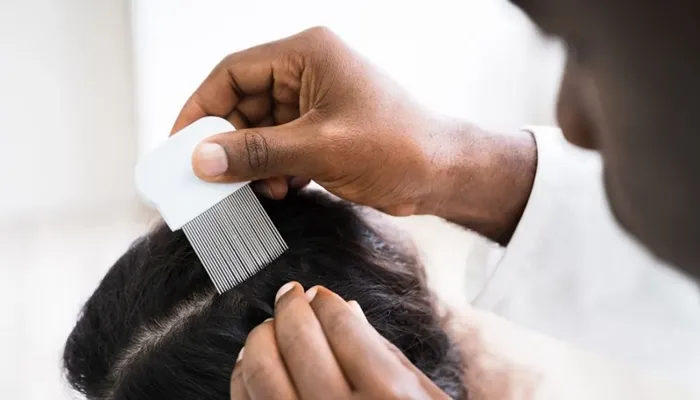In recent years, South Korea has emerged as a popular destination for medical tourism, with hair transplants being one of the most sought – after procedures. The country’s reputation in the field of aesthetic medicine has attracted patients from all over the world. But the question remains: is Korea truly good for hair transplants? To answer this, we need to consider multiple aspects, including the quality of medical services, the expertise of surgeons, and the technological advancements in the country.
Advanced Hair Transplant Technologies
Cutting – Edge Surgical Techniques
Korean hair transplant clinics are at the forefront of adopting and developing advanced surgical techniques. Follicular Unit Extraction (FUE), Follicular Unit Transplantation (FUT), and Direct Hair Implantation (DHI) are widely practiced. Clinics in Korea often use state – of – the – art equipment for these procedures. For example, some clinics have invested in high – precision extraction tools that can minimize damage to the follicles during the FUE process. This not only increases the survival rate of the transplanted follicles but also leads to a more natural – looking result.
Robotic – Assisted Transplants
Several Korean clinics have started to incorporate robotic – assisted hair transplant systems, similar to the ARTAS system used in other parts of the world. These robotic systems use high – resolution imaging and artificial intelligence to precisely identify and extract follicles. The use of such technology reduces human error and ensures a more consistent and accurate procedure.
Highly Skilled and Trained Surgeons
Rigorous Medical Education
South Korea has a rigorous medical education system. Surgeons who specialize in hair transplants typically undergo extensive training in dermatology, plastic surgery, or a related field. Many of them also participate in international seminars and workshops to stay updated on the latest trends and techniques in hair restoration. This continuous learning ensures that they are well – equipped to handle complex cases.
Specialized Training in Hair Restoration
In addition to general medical training, Korean hair transplant surgeons often receive specialized training in hair restoration. Some clinics offer in – house training programs where surgeons can gain hands – on experience in performing hair transplant procedures. This focused training allows them to develop a high level of expertise in the field.
Comprehensive Pre – and Post – operative Care
Thorough Pre – operative Consultation
Korean hair transplant clinics place great emphasis on pre – operative consultations. During these consultations, surgeons take the time to understand the patient’s hair loss condition, medical history, and aesthetic goals. They conduct detailed scalp examinations and may even use advanced diagnostic tools to assess the health of the hair follicles. This comprehensive approach helps in developing personalized treatment plans.
Post – operative Follow – up
After the hair transplant procedure, clinics in Korea provide extensive post – operative follow – up care. Patients are given detailed instructions on how to care for their scalp and transplanted hair. Clinics may also schedule regular follow – up appointments to monitor the progress of the transplant and address any concerns that the patient may have.
Cost – effectiveness
Competitive Pricing
Compared to many Western countries, hair transplant procedures in Korea are often more cost – effective. The lower cost of living and the high competition among clinics contribute to more affordable prices. However, it’s important to note that the cost can vary depending on the type of procedure, the number of follicles transplanted, and the reputation of the clinic.
Value for Money
Despite the relatively lower prices, the quality of hair transplant services in Korea is generally high. Patients can expect to receive advanced treatments, high – quality care, and natural – looking results, making it a good value for money.
Potential Drawbacks
Language Barrier
One of the main challenges that international patients may face in Korea is the language barrier. While many clinics have English – speaking staff, communication may still be limited. This can make it difficult for patients to fully understand the treatment process, post – operative instructions, and potential risks.
Regulatory Differences
The regulatory environment for hair transplant clinics in Korea may be different from that of other countries. Patients should ensure that the clinic they choose is properly licensed and regulated. It’s also important to research the clinic’s reputation and track record before undergoing a procedure.
Conclusion
Overall, South Korea offers a compelling option for hair transplants. The country’s advanced technologies, highly skilled surgeons, comprehensive patient care, and cost – effectiveness make it an attractive destination for those seeking hair restoration. However, like any medical procedure, it’s important for patients to do their due diligence. Researching clinics, understanding the treatment process, and being aware of the potential risks are crucial steps in ensuring a successful hair transplant experience in Korea.
Related topics:
How to Identify the Best Female Hair Transplant Surgeon?
Top FUE Surgeons: What Sets Them Apart
What Happens After Hair Transplant?


